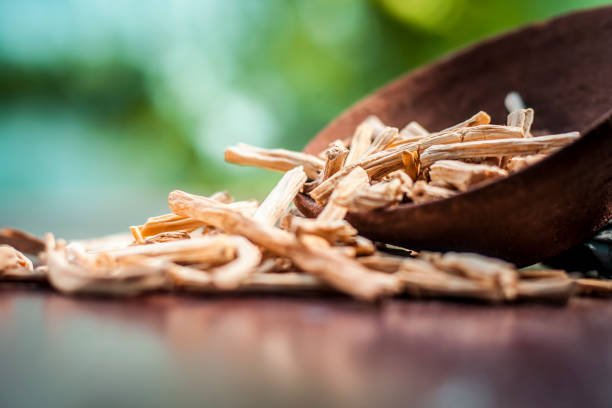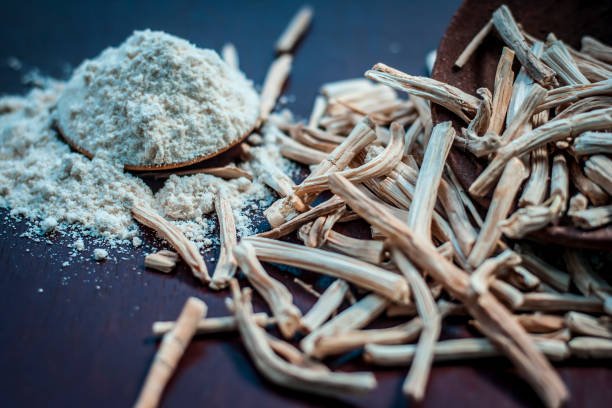Shatavari: The Versatile Ayurvedic Herb

Shatavari, known scientifically as Asparagus racemosus, is a revered herb in Ayurvedic medicine, celebrated for its numerous health benefits and therapeutic properties. This document provides a comprehensive overview of Shatavari, including its health benefits, diseases it may help alleviate, methods of consumption, availability, risks and precautions, and additional information to enhance your understanding of this remarkable herb.

What is Shatavari?
Shatavari is a climbing plant native to the Indian subcontinent and is part of the asparagus family. Its name translates to “she who has a hundred husbands,” symbolizing its ability to enhance fertility and vitality, particularly in women. Traditionally, Shatavari has been used to support reproductive health, boost immunity, and promote overall well-being.

Health Benefits of Shatavari:
Supports Reproductive Health: Shatavari is known for its ability to balance hormones and enhance fertility in women. It is often used to alleviate menstrual disorders and support lactation in nursing mothers.
Boosts Immunity: The herb is rich in antioxidants, which help strengthen the immune system and protect the body from infections and diseases.
Promotes Digestive Health: Shatavari can soothe the digestive tract, alleviate symptoms of gastritis, and improve overall digestive function.
Reduces Stress and Anxiety: As an adaptogen, Shatavari helps the body cope with stress and anxiety, promoting mental clarity and emotional stability.
Enhances Skin Health: The anti-inflammatory properties of Shatavari can help improve skin conditions and promote a healthy complexion.

Diseases Shatavari may help Alleviate:
Hormonal imbalances
Infertility
Menstrual disorders
Stress-related conditions
Digestive issues such as gastritis and ulcers
Respiratory ailments

How to consume Shatavari?
Shatavari can be consumed in various forms, including:
Powder: Mix 1-2 teaspoons of Shatavari powder with warm milk or water and consume once or twice daily.
Capsules: Available in health stores, follow the recommended dosage on the packaging.
Tea: Steep Shatavari root in hot water for 10-15 minutes, strain, and enjoy as a herbal tea.
Tincture: Follow the dosage instructions provided by the manufacturer.

Where to buy Shatavari?
Additionally, Shatavari is widely available in health food stores, Ayurvedic shops, and online marketplaces. Look for high-quality products from reputable brands to ensure purity and efficacy.
Risks and Precautions:
While Shatavari is generally considered safe for most people, it is essential to take certain precautions:
Pregnancy and Breastfeeding: Consult a healthcare professional before using Shatavari during pregnancy or while breastfeeding.
Allergies: Individuals with known allergies to asparagus or related plants should avoid Shatavari.
Medication Interactions: If you are taking medications, especially hormone-related treatments, consult your doctor before incorporating Shatavari into your regimen.

Additional Information:
Shatavari is often combined with other herbs in Ayurvedic formulations to enhance its effects. It is important to maintain a balanced diet and healthy lifestyle to maximize the benefits of Shatavari. Always consult with a qualified Ayurvedic practitioner or healthcare provider for personalized advice and treatment plans.


